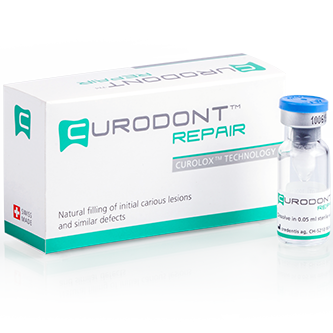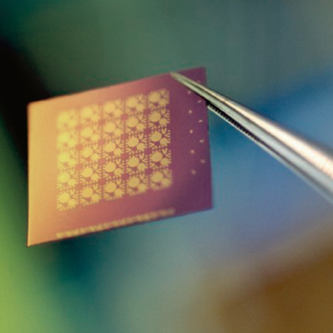Commercialisation
Our Technology Innovation Managers combine industry specialist knowledge and experience of product development with understanding of the university environment.
This breadth of experience means they are able to work closely with academics to not only critically assess the potential of a new technology, but also help academics understand what steps need to be taken to move that technology forward towards commercialisation.
We have an extensive network of industry partners, ensuring our technology innovation managers are able to identify the right commercial partner for a new technology and understand that company’s needs and the kinds of partnerships that would be appropriate.
We work closely with the University of Leeds commercialisation team and draw on their expertise to manage the patenting process, licensing agreements and creation of spin-out companies from the technologies we support.

The Medical Technologies IKC community of academics, industry partners and professional innovation managers has really helped me to understand the commercialisation process.
Professor Jennifer Kirkham, University of Leeds
INTELLECTUAL PROPERTY
The Medical Technologies IKC has a strong intellectual property portfolio containing 45 patents and patent applications in 17 different patent families, covering direct devices, diagnostics/companion devices, scaffolds, and enabling technologies.
We manage our medical technologies patent portfolio strategically, to maximise the benefits owning patents can provide, choosing the most appropriate route for each patent to ensure our inventions reach the market and benefit patients. We work in partnership with the University of Leeds Commercialisation team, drawing on the expertise of their patent attorneys. In some cases, we look for licensees such as medical device manufacturers; or, where the patent covers a platform technology such that it may support a spin-out, we create new companies in partnership with the Commercialisation team and IP Group plc, a leading UK intellectual property commercialisation company. Nine of our 17 patent families are currently licensed to companies, and the others are early stage filings for which we are actively looking for licensees.

SELF-ASSEMBLING PEPTIDES FOR BONE REPAIR
Our patent family, ‘beta-sheet forming peptides and material made thereof’, has been licensed for exploitation in the field of dentistry to Credentis AG, a Swiss-based dental technology company. Credentis has commercialised the technology in three new products: Curodont™ Repair, Curodont™ Protect and Curodont™ D’Senz.
The technology continues to be developed within the University of Leeds, and other applications for the patents within this family may, in due course, be developed to a stage where they could be licensed to a company in a different field.

MAGNETOMETER FOR MEDICAL USE
Our patent family, ‘magnetometer for medical use’, has been licensed to spin-out company, Creavo Medical Technologies Ltd, whose first focus was to develop a portable heart scanner able to quickly and accurately diagnose patients with a heart condition. The initial proof of concept was established with support from the Medical Technologies IKC.
We then worked with IP Group plc to set up the spin-out company and gain £1.6 million of further investment, which enabled a CE marked commercial device to be developed and the necessary approvals obtained for larger scale trials to go ahead, as well as financing further studies into the diagnostic capabilities of the device. Large scale clinical trials are currently underway. For more information please see – https://www.creavomedtech.com/

LABEL-FREE DETECTION OF BINDING EVENTS
The patent family ‘methods and devices for detecting structural changes in a molecule measuring electrochemical impedance’ contains a European and a US application, and has been licensed to spin-out company, Relitect Ltd.
The platform technology uses an array of electrodes to detect a host of biomarkers, offering huge potential in the diagnostics sector. The technology was developed with support from our proof of concept funding and the spin-out was formed with initial investment from IP Group plc and Scottish Enterprise.

